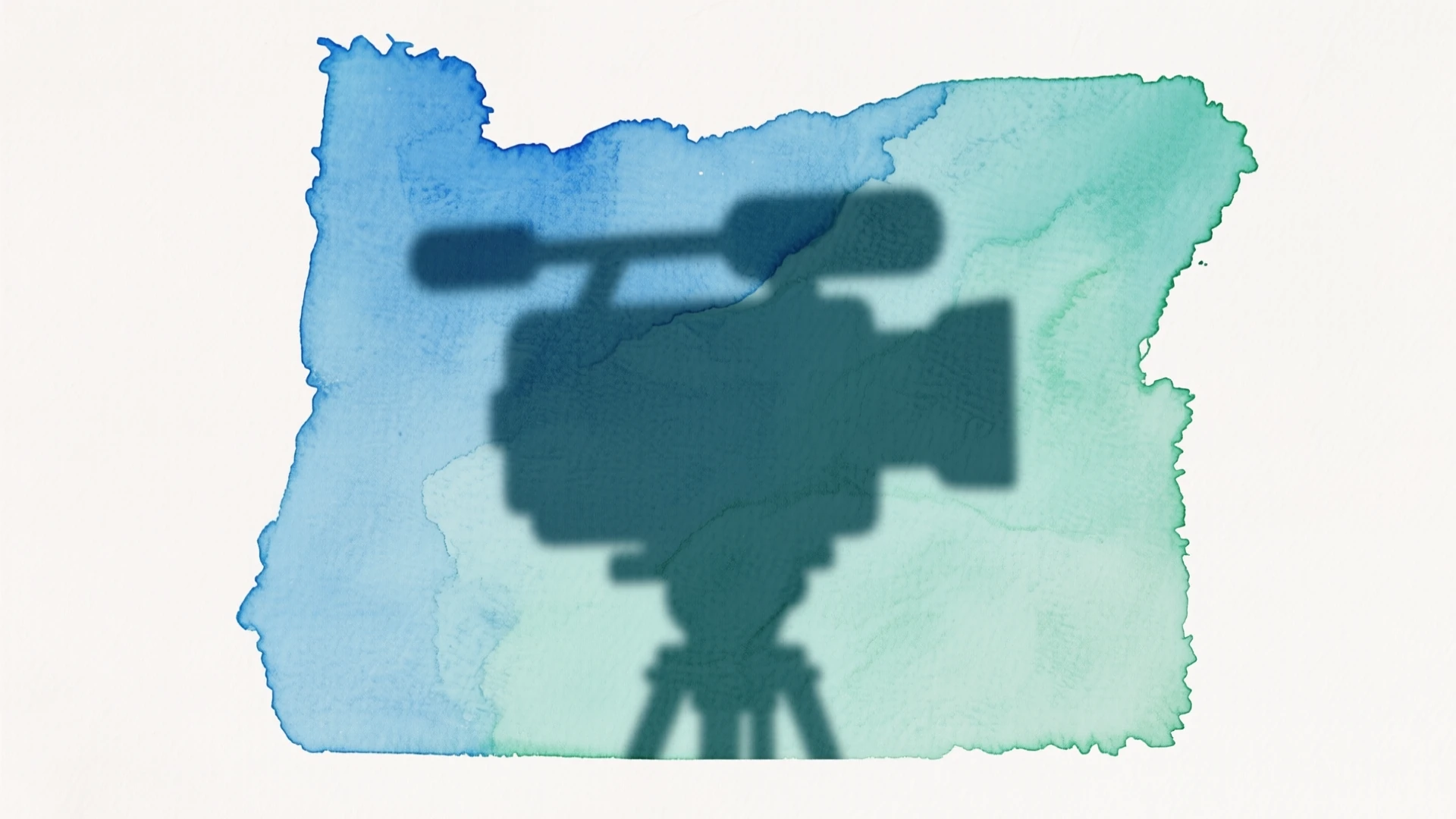Common Problems with Insurance Adjusters & How to Solve Them
If you’ve recently suffered an accident or loss, dealing with insurance adjusters can feel like a second ordeal. Many people expect their insurance company to be on their side, only to find the process confusing, frustrating, and even adversarial. If you’re feeling ignored, pressured, or misled by an insurance adjuster, you’re not alone—and you have options.
This guide breaks down the most common problems people face with insurance adjusters, explains why they happen, and gives you practical steps to protect your rights and maximize your claim.
1. Lack of Communication or Responsiveness
The Challenge:
Insurance adjusters sometimes become difficult to reach or slow to respond, especially after you file a claim. This can stall your case, increase your stress, and even risk missing important deadlines.
Protecting Yourself:
- Keep a written log of all communications (calls, emails, letters).
- Send important requests or documents via certified mail or email with read receipts.
- Set reminders for follow-ups and document every attempt to contact your adjuster.
- Know your policy’s deadlines and escalate concerns if you’re being ignored.
2. Misinformation or Lack of Knowledge
The Challenge:
Insurance policies are complex, and not all adjusters are experts in every detail. Sometimes, adjusters provide incorrect or incomplete information—whether by mistake or due to lack of training. This can lead you to make decisions that hurt your claim.
Protecting Yourself:
- Always request information in writing.
- Double-check adjuster statements against your actual policy documents.
- Don’t be afraid to ask for clarification or a supervisor if something doesn’t sound right.
- Consult a legal professional before waiving any rights or signing documents.
3. Pressure to Settle Quickly or Lowball Offers
The Challenge:
Some insurance adjusters push claimants to accept a quick settlement—often for much less than the claim is worth. They may say the offer is “final” or imply that waiting will only make things harder.
Red Flags of a Lowball Offer:
- The offer comes before your medical treatment is complete.
- The adjuster dismisses certain types of damages (like pain and suffering).
- The offer doesn’t cover all your documented expenses.
- You’re told it’s “take it or leave it.”
How to Respond:
- Never feel pressured to accept the first offer—take your time to review.
- Get all settlement offers in writing and compare them to your actual damages.
- Gather all bills and get a full medical prognosis before responding.
- Understand that you have the right to negotiate or seek a second opinion.
- Consult with a personal injury attorney before signing anything.
4. Conflict of Interest: Whose Side Are They On?
The Challenge:
No matter how friendly an insurance adjuster seems, their job is to protect the insurance company’s bottom line—not yours. This conflict of interest can affect how your claim is handled and what you’re offered.
Protecting Yourself:
- Remember: The adjuster works for the insurer, not for you.
- Be cautious about sharing information that could be used to minimize your claim.
- Don’t rely solely on the adjuster’s advice for major decisions.
- Consider having an attorney handle communications on your behalf.
5. Delays in Processing Claims: Stall Tactics?
The Challenge:
Some insurance companies use delay tactics—requesting excessive documentation, repeatedly asking for the same information, or simply dragging their feet. These delays can put financial pressure on you, especially if you’re unable to work or facing medical bills.
Protecting Yourself:
- Keep copies of everything you submit and note the dates.
- Politely but firmly follow up on outstanding requests.
- Know your rights under Oregon law regarding claim processing timelines.
- If delays persist, consider filing a complaint with the Oregon Division of Financial Regulation or seeking legal help.
6. The Dangers of Recorded Statements
The Challenge:
Insurance adjusters often ask for a recorded statement. While this may seem routine, it can be used to find inconsistencies or statements that hurt your claim.
Protecting Yourself:
- You are not required to give a recorded statement without legal advice.
- Politely decline or request to have your attorney present.
- Be aware that anything you say can be used to minimize or deny your claim.
7. Bad Faith Insurance Practices
What is Bad Faith?
Insurance companies are legally required to act in good faith when handling your claim. “Bad faith” occurs when an insurer unreasonably denies, delays, or underpays a valid claim, misrepresents policy terms, or fails to investigate properly.
Examples of Bad Faith:
- Denying a claim without a reasonable basis.
- Failing to conduct a proper investigation.
- Unreasonable delays in payment or communication.
- Misrepresenting what your policy covers.
What Can You Do?
- Request all decisions and reasons in writing.
- Keep detailed records of all interactions.
- If you suspect bad faith, consult an attorney—additional damages may be available if bad faith is proven.
What to Do if Your Claim is Denied
- Request the denial in writing.
- Review the stated reason and compare it to your policy.
- Gather all supporting evidence and documentation.
- File a formal appeal with your insurer, if available.
- Consult a personal injury attorney to review your options.
- Consider filing a complaint with the Oregon Division of Financial Regulation.
How Johnson Law, P.C. Can Help
At Johnson Law, P.C., we know the tactics insurance companies use—and how to fight back. Here’s how we help our clients:
- Take Over Communication: We handle all correspondence, ensuring your claim gets the attention it deserves and that deadlines are met.
- Demand Fairness: Our attorneys know how to spot lowball offers and negotiate for the full value of your claim.
- Cut Through Misinformation: We review your policy, explain your rights, and make sure you’re never misled or pressured into a bad deal.
- Hold Insurers Accountable: If your claim is being delayed, denied, or handled in bad faith, we’re prepared to escalate the matter and, if necessary, take your case to court.
- Proven Results: We have a track record of challenging unfair denials and maximizing compensation for our clients.
Learn more about our approach to personal injury claims.
See our guide: Understanding Your Insurance Policy
Frequently Asked Questions
What if my insurance adjuster is ignoring me?
Document every attempt to contact them and escalate your concerns to a supervisor or the insurer’s claims department. If you still get no response, consider filing a complaint or contacting a lawyer.
How do I know if a settlement offer is too low?
Compare the offer to your actual damages (medical bills, lost wages, pain and suffering). If it doesn’t cover your losses, it’s likely too low. Don’t hesitate to negotiate or seek legal advice.
Can an insurance company deny my claim without a valid reason?
No. Insurers must have a legitimate reason to deny a claim. If you believe your claim was denied unfairly, you have the right to appeal or seek legal help.
What is insurance bad faith and what can I do about it?
Bad faith is when an insurer unreasonably denies, delays, or underpays a valid claim. If you suspect bad faith, keep detailed records and consult an attorney—additional damages may be available.
Should I give a recorded statement to the insurance company?
You are not required to give a recorded statement without legal advice. It’s best to consult an attorney before agreeing to any recorded interview.
Conclusion
Dealing with insurance adjusters after an accident shouldn’t add to your stress. By understanding common problems and knowing your rights, you can protect yourself and your claim. If you’re facing delays, lowball offers, or other challenges, don’t go it alone—contact Johnson Law, P.C. for a free consultation and let us fight for the compensation you deserve.
Download our free Insurance Claim Checklist for Oregon residents [PDF coming soon].




